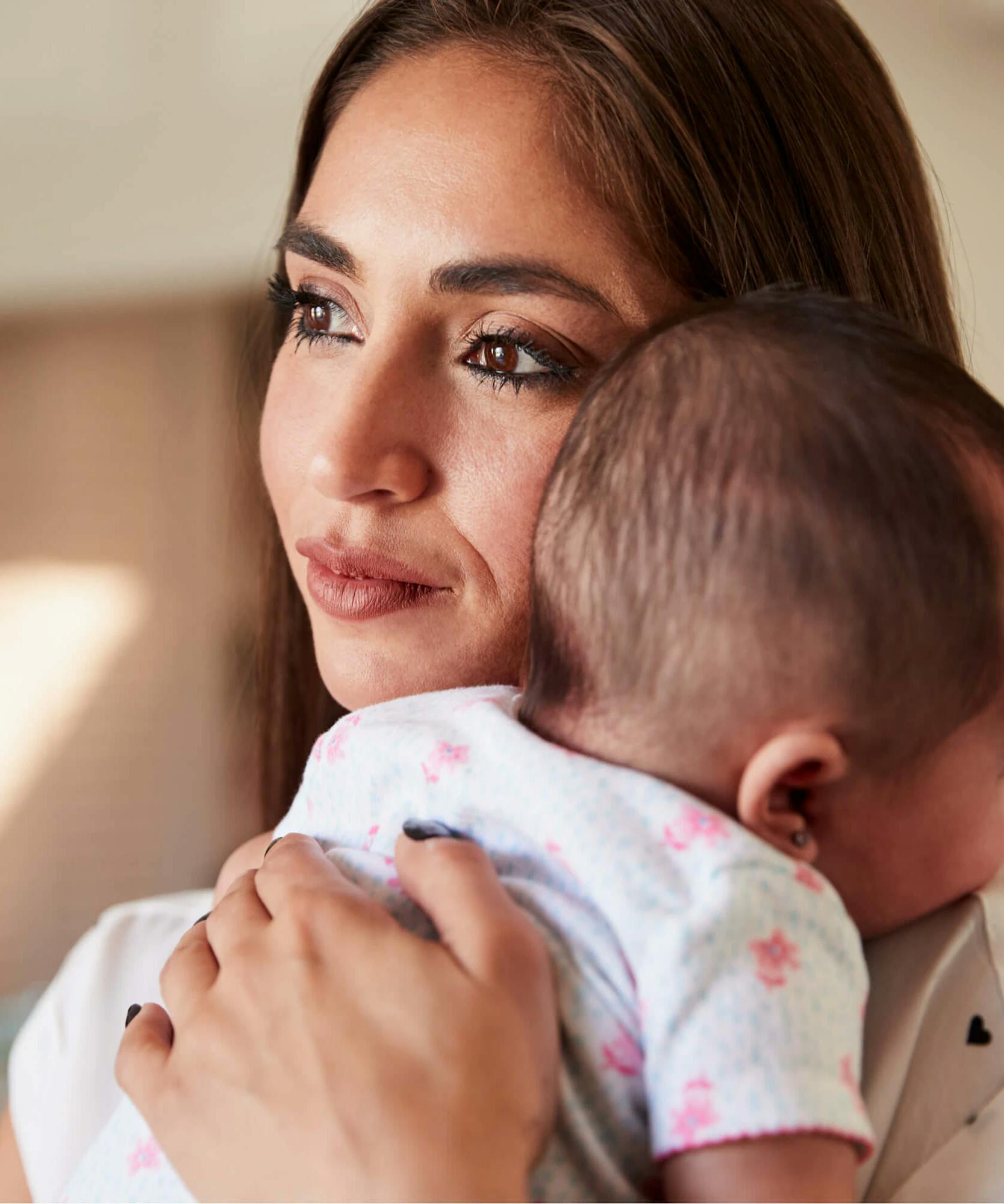Being A Foster Mom Means Loving This Baby Even When It Breaks My Heart
After years of fighting unsuccessfully to overcome infertility, my husband and I decided to become foster parents with the goal of adopting. While we were supported by friends and family, we were also explicitly warned against doing it by others and were even a little freaked out by the training.

Ultimately we decided to move forward with the process. I thought, how hard can it be? You love the kids and you teach them.
Turns out, loving is more painful than I ever thought it could be.
Falling in Love
Almost a month after getting licensed, we finally got the call we had been anxiously awaiting: “We have a three-week-old baby boy, and Child Protective Services has chosen your home. He’ll be there in less than an hour.”
The next hour was rather frantic — excited, but definitely frantic. I ran to the grocery store to buy his formula and the right size diapers, while my husband waited at home in case they arrived before I returned.
I wondered, would I love this little baby boy as soon as I laid eyes on him? I hoped I would; I was afraid I wouldn’t. What would that mean? Well, when the door opened and the caseworker came in carrying a tiny three-week-old baby boy wrapped in a blanket, my heart did not instantly overflow with love. I just saw a skinny, not-so-cute, sleeping baby.
I wondered, would I love this little baby boy as soon as I saw him? I hoped I would; I was afraid I wouldn’t.
I held him through those first hours in our home as we did the paperwork and got settled. When the caseworker left and we were alone with the baby, my husband and I felt somewhat uncomfortable. Now we were the parents. We were the ones who had to do everything and make all the decisions. Even though both my husband and I grew up in large families, and I had tons of babysitting experience, nothing can quite prepare you for being the parent yourself.
That first week of interrupted, sleepless nights was rough. Very rough. Our systems were shocked and our lifestyle was disrupted, but all of that sacrifice — of sleep, of time, of attention, of freedom — for this tiny baby sparked love in our hearts. And the more that we sacrificed for him the more we loved him, to the point where he now feels like he’s our own son.
Loving Only To Lose
And that’s where things get...complicated. Obviously, he isn’t our son. His birth parents still retain their parental rights over him, and they have both been very motivated to do the work to get him back. So this puts us in a painful situation. We love this baby and we want him to be part of our forever family, but that’s dependent on either the birth parents giving up their rights or messing up colossally (which we really don’t want to happen) and having their rights terminated by the court.
To do what’s best for the child and his birth parents means doing what’s most painful for us.
Cold logic would suggest, well then, guard your heart against getting so attached if he’s ultimately going back home. But if we weren’t attached to this baby and didn’t love him, then that would be terribly unhealthy for his development and could permanently damage his ability to form healthy attachments and relationships throughout the rest of his life. So as the foster parents, we get the short end of the stick — to do what’s best for the child and best for the birth parents means doing what’s most painful for us.
Focusing on the Good
We have moments of preemptive grief, tears shed over that day when we kiss his chubby cheeks for the last time. We’re already planning how we’ll handle our future grief, the loss of our first child. But we try not to focus on it, because other than managing our grief when it happens, it’s outside our control.
So I’m trying to live in the present (which has never been my strong suit). To enjoy finally being a mom — even the poopy diapers and the middle of the night bottle feedings — while I get to be one. To take in all his laughter, his snuggles, his babbles, every little new change and thing that he learns.
Even though he won’t remember us, we will have shaped the path of his life.
And we try to remind ourselves that even though he won’t remember us, we will have shaped the path of his life by providing him with a safe and loving home where he could grow and learn in these early crucial months, not just how to sit up or how to eat solid food, but how to bond and how to get his needs met in a healthy relationship.
Closing Thoughts
Foster care parenting is like parenting on steroids. It has a lot of extras: the paperwork, the weekly parent visits, the monthly caseworker visits, therapy, required doctor appointments, state regulations and restrictions for your home, background checks for babysitters, and did I mention the paperwork?
But the emotional work — of loving even though you know you will lose — is the hardest part. Is our little foster baby worth it? Yes. I finally understand Tennyson’s famous line: “Tis better to have loved and lost than never to have loved at all.”
Love Evie? Let us know what you love and what else you want to see from us in the official Evie reader survey.